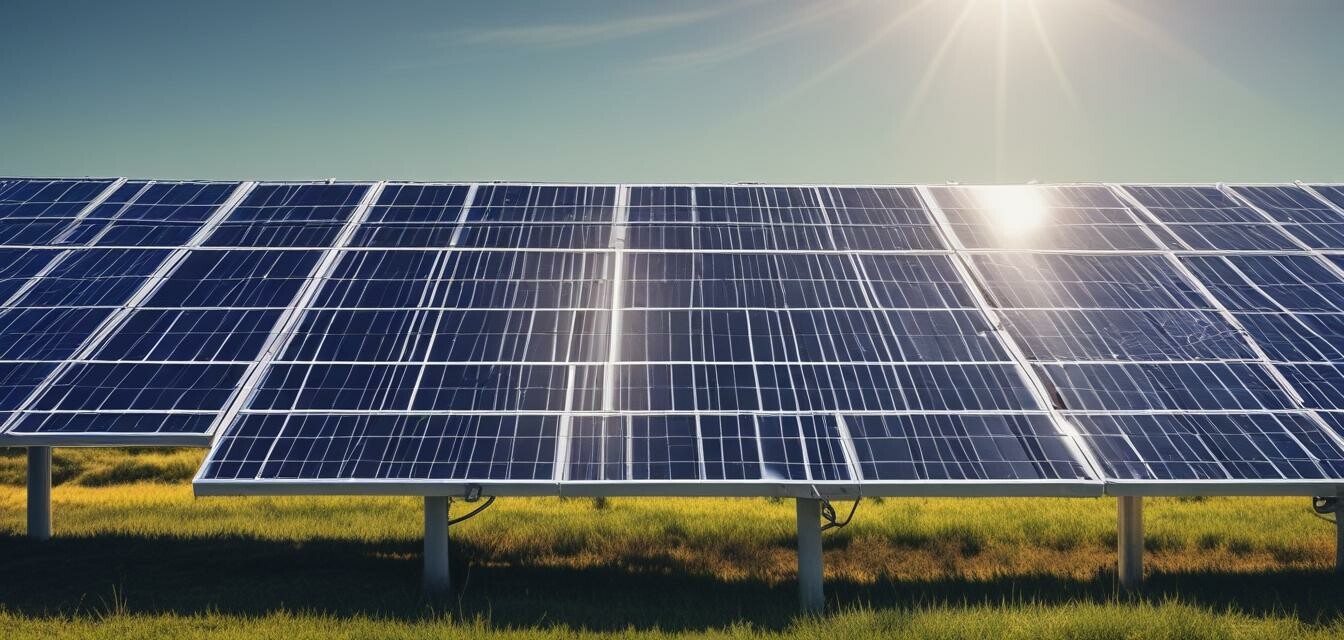
How the Inflation Reduction Act Impacts Solar Energy Investments
Key Takeaways
- The Inflation Reduction Act incentivizes solar energy investments through tax credits and rebates.
- Homeowners and businesses can significantly reduce upfront costs associated with solar panel installation.
- Increased accessibility to solar technology promotes long-term savings and energy independence.
- Innovation in the solar industry is expected to accelerate due to favorable economic policies.
With changing economic landscapes and a global push toward renewable energy, the Inflation Reduction Act (IRA) has emerged as a pivotal legislation impacting solar energy investments. This act is designed to improve energy independence and accelerate the transition to clean energy, primarily influencing how homeowners and businesses pursue solar solutions. In this article, we explore how the IRA reshapes investment in solar energy and fosters off-grid living opportunities.
Understanding the Inflation Reduction Act
Passed in August 2022, the Inflation Reduction Act aims to lower energy costs while promoting clean energy solutions. It introduces substantial incentives for individuals and businesses to invest in renewable technologies, enhancing the economic viability of solar energy systems. Here’s a closer look at what the IRA entails:
| Aspect | Details |
|---|---|
| Tax Credits | 30% federal tax credit on solar system installations, extending through 2032. |
| Rebates | Direct rebates for low-income households to promote accessibility. |
| Investment Incentives | Increases for local businesses investing in solar and clean energy technologies. |
| Long-term Goals | Promote energy independence and mitigate climate change impacts. |
Impacts on Solar Energy Investments
The IRA's implications on solar energy investments mark a new era for solar enthusiasts and investors. Key benefits include:
Reduced Financial Barriers
The availability of tax credits and rebates diminishes the financial barriers traditionally associated with solar panel installations. For homeowners, this means a significantly reduced upfront investment, making solar energy a feasible option.
Long-Term Savings
Investing in solar not only allows you to save on energy bills but also enhances property value. Homeowners who adopt solar technology early can lock in long-term savings by avoiding future rises in energy costs.
Innovation in the Solar Industry
With the IRA encouraging a demand for renewable energy, manufacturers are prompted to innovate. This could lead to the development of more efficient solar panels, cutting-edge battery storage solutions, and hybrid systems.
Transitioning to Off-Grid Living
As more individuals explore off-grid living, the IRA acts as a powerful motivator. By removing economic hurdles, many are now considering the benefits of generating their own electricity, leading to greater energy independence. The following options are popular among off-grid enthusiasts:
- Solar Panels: Installations that harness sunlight to produce electricity.
- Battery Systems: Essential for storing excess energy for use at night or during cloudy days.
- Charge Controllers: Regulate the power going into and out of batteries.
Future of Solar Energy with IRA
The future of solar energy investments remains bright owing to the IRA. As policies promote accessibility and affordability, the solar industry is on track for tremendous growth. Let's delve into the projected trends:
| Year | Projected Growth |
|---|---|
| 2023 | 15% increase in installations |
| 2024 | 25% increase projected |
| 2025 | 30% growth anticipated |
Conclusion
The Inflation Reduction Act is a transformative piece of legislation that empowers solar energy investments. By lowering financial barriers and promoting innovation, it sets the stage for a cleaner, more sustainable future.
Tips for Investors
- Research available tax credits and rebates in your area.
- Consider long-term savings versus upfront costs before making a decision.
- Stay informed about new solar technologies to maximize efficiency.
- Explore hybrid systems for enhanced power reliability.
Pros
- Increased affordability for solar installations.
- Long-term financial savings on energy bills.
- Boost in innovation and technology advancements.
Cons
- Initial investment may still be high for some homeowners.
- Market fluctuations could impact the availability of incentives.
Stay updated!
For more insights on the latest news and trends in the solar energy landscape, check out our News and Trends section, where we delve into new product launches and industry developments.
By understanding the implications of legislation such as the IRA, we can better position ourselves for a sustainable future. Investing in solar energy not only supports individual energy independence but also contributes to a greener planet.


